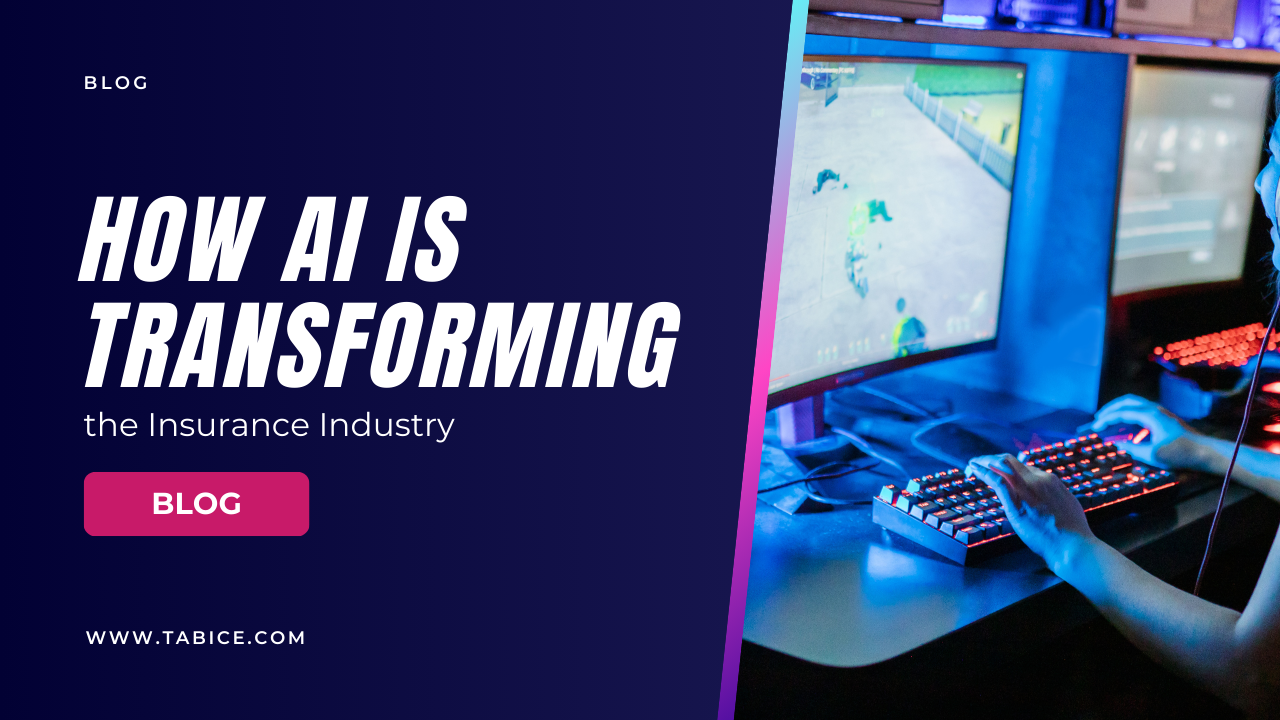
Introduction
Welcome to the future of insurance! Artificial Intelligence (AI) is not just a tech buzzword—it’s a game-changer reshaping the insurance industry. If you’ve ever wondered how your car insurance could be more efficient or why your health insurance feels so personalized, AI is likely behind the scenes. Let’s dive into how AI is making waves in the insurance world and what it means for you.
What is AI Insurance?
Understanding AI in Insurance
AI insurance refers to the integration of artificial intelligence technologies into various facets of the insurance industry. This includes everything from how policies are underwritten to how claims are processed. Imagine AI as a supercharged assistant, analyzing data at lightning speed to make the insurance experience smoother and more tailored to your needs.

Key Differences from Traditional Insurance
Traditional insurance methods often rely on human judgment and historical data, which can be time-consuming and prone to errors. AI insurance, however, uses sophisticated algorithms to analyze data more accurately and quickly. This means decisions about your coverage, premiums, and claims can be made faster and with greater precision. It’s like having a futuristic crystal ball that helps insurers make smarter choices.
Technological Innovations
Machine Learning and Risk Assessment
Machine learning (ML) is at the heart of AI’s impact on insurance. By training algorithms on vast amounts of historical data, ML models can predict future risks and trends.
Predictive Analytics
Predictive analytics helps insurers foresee potential risks before they occur. For example, if you’re living in an area prone to flooding, predictive models can assess your risk level and suggest appropriate coverage options. It’s like having a weather forecast, but for your insurance needs.
Automated Underwriting
Gone are the days of lengthy underwriting processes. AI automates much of this work by quickly analyzing your information and assessing risks. This leads to faster policy approvals and more accurate risk evaluations, making the whole process smoother for you.
Natural Language Processing (NLP)
NLP allows AI systems to understand and interact with human language. This means chatbots and virtual assistants can handle your queries, provide information, and even assist with policy changes in a more natural and intuitive way. It’s like having a helpful insurance agent available 24/7, without the need to wait on hold.
AI and Claims Processing
Claims processing is often a complex and tedious process. AI can simplify and expedite this by automating many of the steps involved. For example, AI systems can review claims, detect fraud, and process payouts faster than traditional methods. This results in a quicker, more efficient claims experience.
Benefits of AI in Insurance
Enhanced Accuracy and Precision
AI’s ability to analyze vast amounts of data with precision leads to more accurate risk assessments and policy pricing. This reduces the likelihood of errors and ensures that you’re paying a fair price for your coverage.
Faster Claims Resolution
AI speeds up the claims process by automating many of the tasks involved. This means that your claims are processed more quickly, leading to faster payouts and less hassle for you.
ALSO READ
AI Insurance Definition: What Is AI Insurance?
Customized Insurance Products
With AI, insurance providers can create more personalized policies that better fit your specific needs. Whether it’s adjusting your coverage based on real-time data or offering tailored recommendations, AI ensures that your policy is as relevant and beneficial as possible.
Challenges and Considerations
Data Privacy and Security
AI relies on extensive data, raising concerns about privacy and security. It’s crucial for insurance companies to implement robust data protection measures to safeguard your personal information from breaches and misuse.
Bias and Fairness in AI Models
AI systems can inadvertently perpetuate biases present in their training data. Ensuring fairness in AI models involves regularly reviewing and updating algorithms to avoid biased outcomes. This is essential for maintaining trust and equity in insurance practices.
Integration with Existing Systems
Many insurance companies use legacy systems that may not easily integrate with new AI technologies. The transition to AI-driven processes requires careful planning and execution to ensure a smooth and effective integration.
The Future of AI in Insurance
Emerging Trends
AI in insurance is evolving rapidly, with new trends emerging all the time. From the use of blockchain for enhanced security to advanced predictive models for risk assessment, the future holds exciting possibilities for the industry.
ALSO READ
Four theories that explain the standard vibe of AI Art
Potential Innovations
Looking ahead, we might see even more groundbreaking innovations in AI insurance. Potential developments include fully automated policy management systems, real-time risk monitoring, and even more sophisticated personalization options. The horizon is bright for AI in insurance, with endless opportunities for improvement and innovation.
Conclusion
AI is transforming the insurance industry in profound ways, making it more efficient, accurate, and customer-focused. As technology continues to advance, AI will likely play an even larger role in shaping how we approach insurance. Whether you’re navigating claims or exploring new policies, AI is here to make your experience better and more tailored to your needs.



